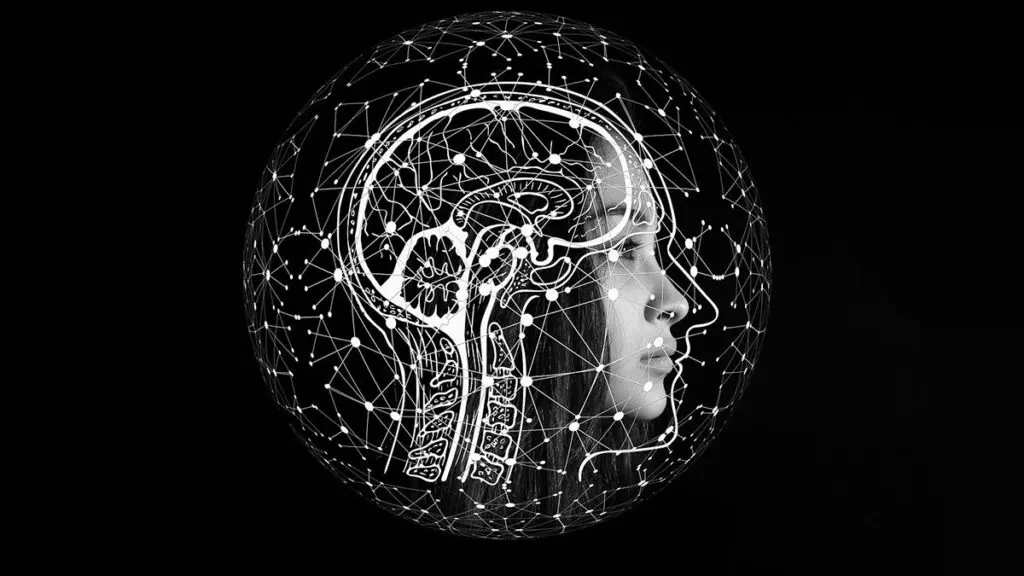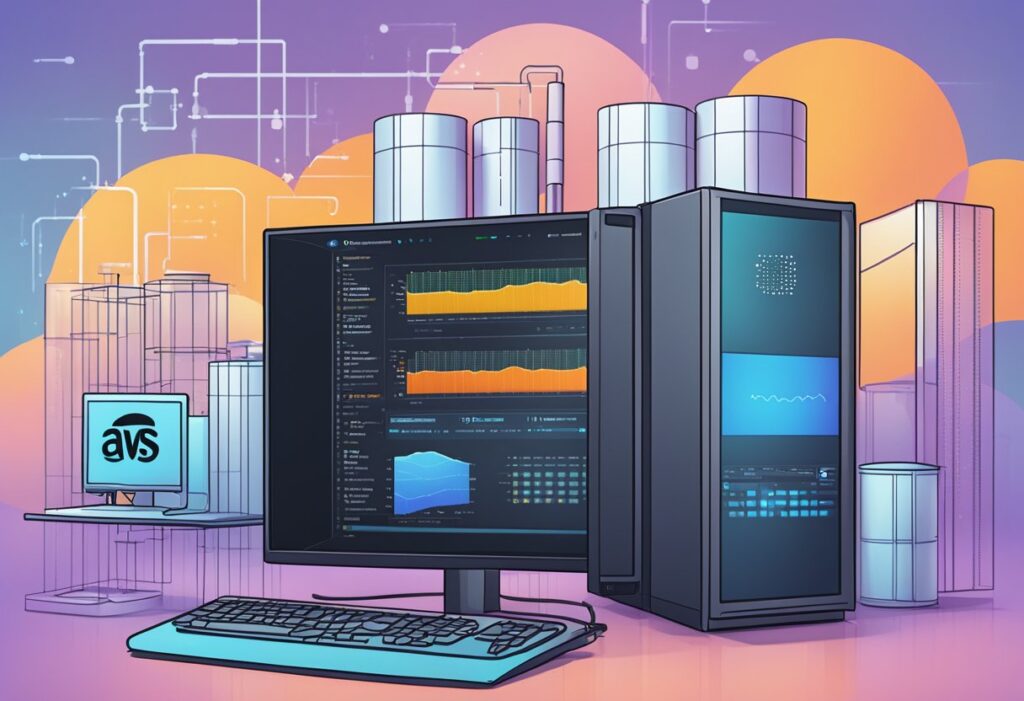In the digital era, “AI meaning” has become a buzzworthy topic, evoking curiosity and intrigue among tech enthusiasts and novices alike. However, to truly harness its power, one must first understand its meaning and significance.
In this blog, we delve deep into the realm of AI, unveiling its profound influence on society and shaping the future of humanity.

Deciphering the Enigma: What Does AI Mean?
When we discuss “AI meaning,” we’re delving into the realm of Artificial Intelligence (AI), a field dedicated to developing computer systems that mimic human intelligence. This encompasses a broad spectrum of capabilities, from learning and problem-solving to decision-making and natural language processing. In essence, AI aims to imbue machines with the ability to perform tasks that traditionally necessitate human intellect, thus revolutionizing industries and reshaping our technological landscape.
A Journey Through Time: The Evolution of AI
The concept of AI dates back to the mid-20th century, with pioneers like Alan Turing laying the groundwork for its development. Over the years, advancements in computing power, algorithms, and data availability have propelled AI from theory to reality.
The Engine of Innovation: How AI Works
AI operates through sophisticated algorithms and neural networks, processing vast amounts of data to learn patterns and make predictions. Machine learning algorithms enable AI systems to improve performance over time through iterative training on data sets.
The Faces of AI: Exploring its Various Forms
AI comes in different forms, from narrow AI, which specializes in specific tasks, to general AI, capable of performing any intellectual task a human can. While narrow AI dominates current applications, the pursuit of general AI remains a long-term aspiration.
Impact Beyond Imagination: The Role of AI in Everyday Life
AI’s influence extends across various domains of daily life, from virtual assistants and personalized recommendations to autonomous vehicles and medical diagnosis. These applications enhance convenience, efficiency, and productivity, transforming how we live and work.
Navigating the Ethical Landscape: Addressing AI’s Ethical Implications
As AI becomes increasingly integrated into society, ethical considerations surrounding its use come to the forefront. Issues such as bias, privacy, accountability, and societal impact demand careful scrutiny and proactive mitigation strategies to ensure responsible AI deployment.
Embracing the Future: AI’s Potential to Transform Industries
AI holds the promise of unparalleled transformation across industries, driving innovation, efficiency, and competitiveness. From healthcare and finance to manufacturing and transportation, AI-powered solutions optimize processes, unlock insights, and drive progress.
Overcoming Challenges: The Road Ahead for AI
Despite its potential, AI faces challenges ranging from technical limitations to ethical dilemmas and regulatory concerns. Addressing these challenges requires collaboration, innovation, and a commitment to responsible development and deployment.
A Call to Action: Harnessing AI for Good
As stewards of technology, we have a responsibility to harness AI’s power for the betterment of humanity. By prioritizing ethical principles, transparency, and inclusivity, we can ensure that AI serves as a force for positive change, enriching lives and shaping a brighter future for all.
Conclusion: Embracing the Promise of AI
In the grand tapestry of human progress, AI stands as a testament to our ingenuity, creativity, and ambition. By understanding its meaning, embracing its potential, and navigating its challenges with foresight and responsibility, we can unlock a future where AI enriches lives, drives innovation, and propels us toward new horizons of possibility.
– John McCarthy
“Artificial intelligence is the science and engineering of making intelligent machines, especially intelligent computer programs.”





